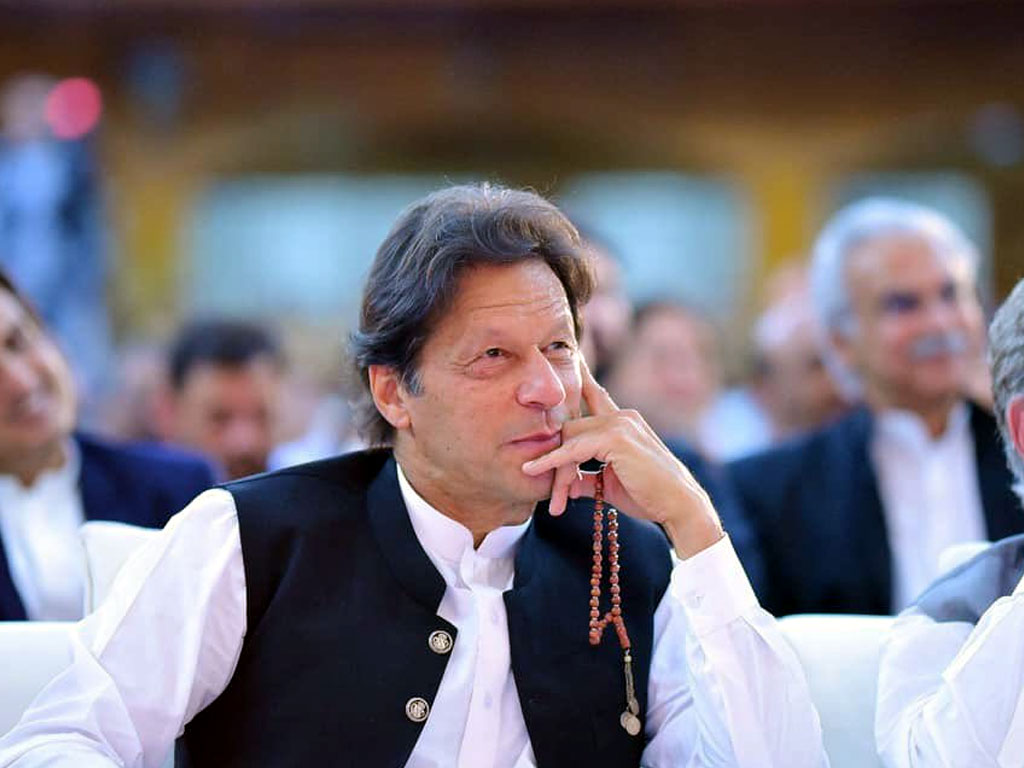In a riveting and groundbreaking session of the Pakistan Senate, Aon Abbas, a prominent member of the Pakistan Tehreek-e-Insaf (PTI) party, delivered a speech that sent shockwaves throughout the nation. His impassioned address shed light on the alleged brutality perpetrated by security agencies within Pakistan, igniting a fiery debate on human rights, accountability, and the role of state institutions.
The Senate, often a forum for heated exchanges and political maneuvering, witnessed a moment of raw truth as Abbas fearlessly unveiled accounts of systemic abuse and injustice. His words pierced through the veneer of silence that often shrouds such matters, demanding attention and action from fellow lawmakers and the public alike.
Abbas began his speech by acknowledging the sacrifices made by security personnel in safeguarding the nation but swiftly transitioned to the darker side of their operations. He recounted harrowing tales of extrajudicial killings, enforced disappearances, and torture allegedly carried out under the guise of national security. His words painted a grim picture of unchecked power and impunity, where the very guardians of law and order seemed to operate beyond reproach.
What made Abbas’ speech particularly impactful was his willingness to confront the uncomfortable truths that many prefer to sweep under the rug. He spoke not as a partisan politician seeking to score points but as a concerned citizen and representative of the people. His sincerity resonated with many across the political spectrum, transcending party lines and affiliations.
Throughout his address, Abbas called for transparency, accountability, and justice. He urged his fellow lawmakers to take decisive action to investigate allegations of human rights violations and hold those responsible accountable, regardless of their position or rank. His impassioned plea echoed the sentiments of countless Pakistanis who have long yearned for a more just and equitable society.
The aftermath of Abbas’ speech saw a flurry of reactions from various quarters. Supporters hailed him as a brave truth-teller unafraid to challenge the status quo, while critics accused him of undermining national security and tarnishing the image of Pakistan’s security forces. Yet, amidst the cacophony of opinions, one thing remained clear: Abbas had ignited a crucial conversation that could no longer be ignored.
In the days and weeks following his speech, calls for reform and accountability grew louder. Civil society organizations, human rights activists, and concerned citizens rallied behind Abbas’s cause, demanding concrete steps to address the allegations of abuse and impunity. The government, under mounting pressure, pledged to investigate the claims thoroughly and ensure that justice prevails.
Abbas’ speech was not just a moment in time but a catalyst for change. It served as a wake-up call for Pakistan’s institutions to uphold the principles of democracy, justice, and human rights. It reminded both lawmakers and citizens alike of the importance of holding those in power accountable and ensuring that no one is above the law.
As Pakistan navigates the complex challenges of the 21st century, it must confront its past and present realities with courage and conviction. Aon Abbas’s historic speech in the Senate was a crucial step in that direction, reminding the nation that the pursuit of justice is a collective responsibility that transcends political divides and personal interests. Only by confronting the truth and upholding the rule of law can Pakistan truly fulfill its potential as a democratic and inclusive society.



I don’t think the title of your article matches the content lol. Just kidding, mainly because I had some doubts after reading the article.